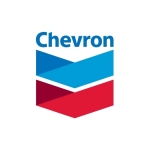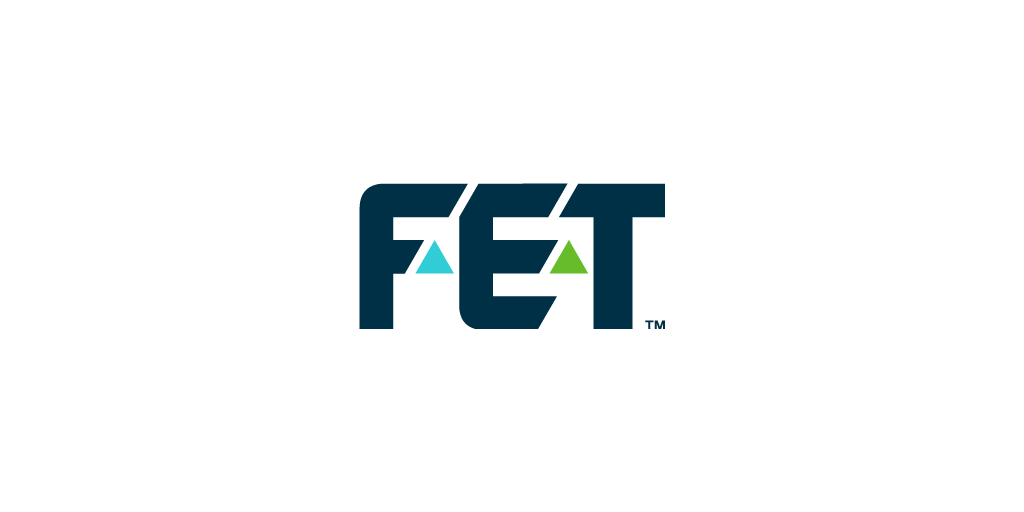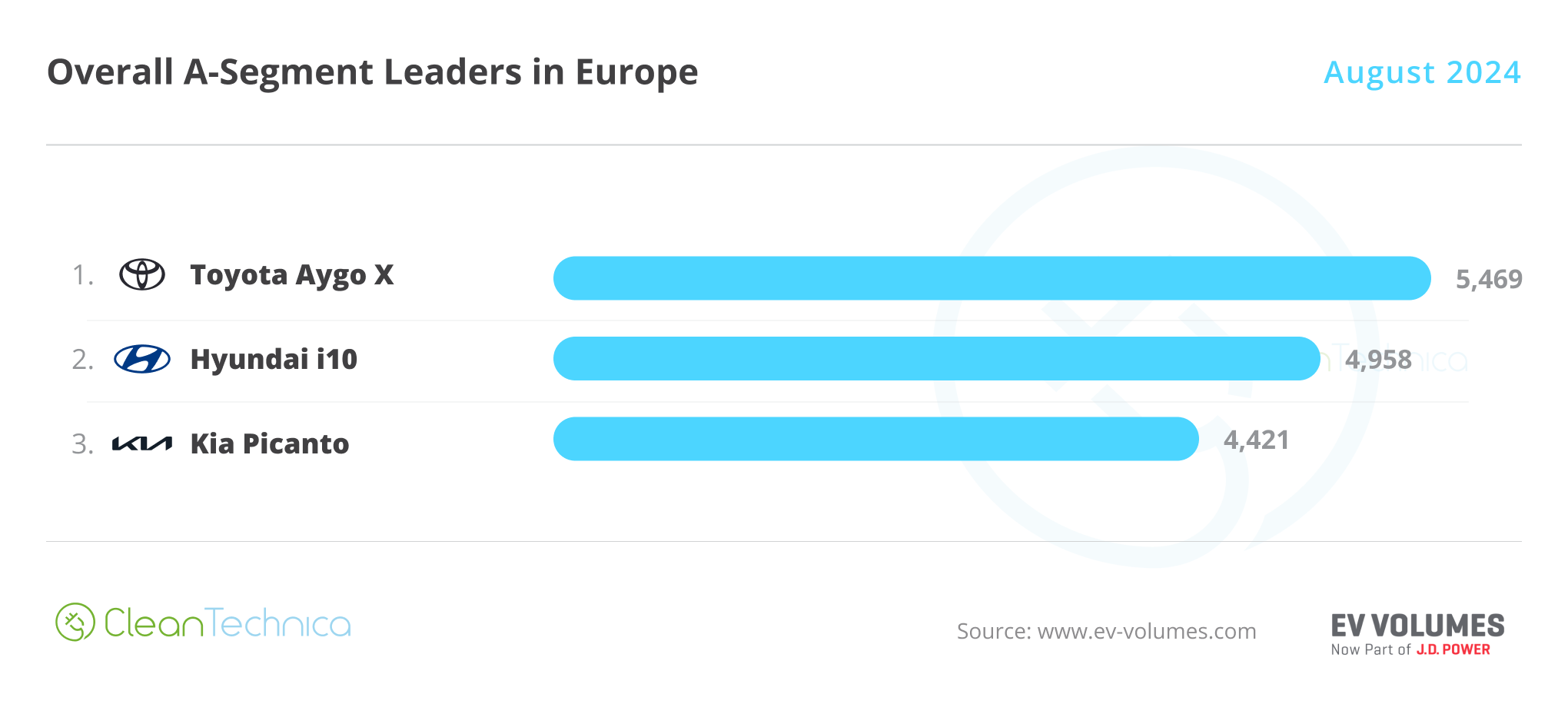PERTH, Australia–(BUSINESS WIRE)–Chevron Corporation, through its Chevron Australia New Energies Pty Ltd and Chevron Australia Pty Ltd subsidiaries, today announced investments in two lower carbon projects in Western Australia (WA).
In its first nature-based carbon offsets project in Australia, Chevron will provide funding to the WA-based Carbon Sync, which is leading a soil carbon sequestration pilot project involving up to 80,000 hectares of WA’s cropping and grazing region.
Chevron has also joined a multi-year research project with Deakin University’s Blue Carbon Lab to explore potential CO2 sequestration opportunities in WA’s coastal wetlands.
Chevron New Energies Vice President of Offsets and Emerging Barbara Harrison said, “We believe that the future of energy is lower carbon. Australia is not only an essential part of Chevron’s established portfolio, but we also see tremendous potential to develop businesses that help achieve our lower carbon aspirations.”
Chevron Australia’s General Manager, Energy Transition, David Fallon agreed. “The two projects we are part of in WA are examples of the multiple pathways on that lower carbon journey. Our collaboration with Carbon Sync is expected to provide critical insights related to soil carbon projects, in a region with large potential for scale to help meet the forecasted demand for Australian Carbon Credit Units (ACCUs),” Fallon said. “With the Blue Carbon Lab contribution, we are excited to explore the opportunities for blue carbon in WA’s saltmarsh, mangrove and seagrass environments.”
Carbon Sync Founder and CEO Louise Edmonds said, “I am thrilled that a large multinational organisation has recognised the potential of Carbon Sync to change the carbon equation for WA’s agricultural industry, as well as create jobs and further investment for our state. Through these pilot projects, we aim to enhance the sustainability of WA’s agricultural sector and improve biodiversity outcomes.”
Professor Peter Macreadie, Director of Deakin University’s Blue Carbon Lab, said, “there’s been great mystery into the size of WA’s blue carbon assets and the potential for new blue carbon opportunities through the conservation and restoration of coastal wetlands. This research project seeks to address this knowledge gap.”
About Chevron Australia
Chevron is one of the world’s leading integrated energy companies and through its Australian subsidiaries, has been present in Australia for 70 years. With the ingenuity and commitment of thousands of workers, Chevron Australia operates the Gorgon and Wheatstone natural gas facilities; manages its equal one-sixth interest in the North West Shelf Venture; operates Australia’s largest onshore oilfield on Barrow Island; is a significant investor in exploration; and via Caltex and Puma Energy delivers quality fuel products and services across Australia, operating or supplying a network of more than 360 retail locations and an extensive 24-hour hour diesel stop network, as well as 14 depots and three seaboard terminals.
About Carbon Sync
Carbon Sync is a Western Australian agricultural education and extension service provider specialising in soil carbon farming project development. Carbon Sync works one-on-one with farmers to restore soil health using the principles of Regenerative Agriculture and Holistic Management. Carbon Sync is a signatory to the Australian Carbon Market Industry Code of Conduct and is a Corporate Authorised Representative of Australian Financial Services Licence number 450874.
About Blue Carbon Lab
The Blue Carbon Lab was founded in January 2016 by Professor Peter Macreadie. The lab sits within the School of Life and Environmental Sciences (LES) and the Faculty of Science and the Built Environment (SEBE) at Deakin University, Australia. The Lab offers innovative research solutions aiding to help mitigate climate change and enhance our blue economy, while simultaneously supporting aquatic biodiversity, economic growth, capacity building, and community wellbeing. Home – Blue Carbon Lab
CAUTIONARY STATEMENTS RELEVANT TO FORWARD-LOOKING INFORMATION FOR THE PURPOSE OF “SAFE HARBOR” PROVISIONS OF THE PRIVATE SECURITIES LITIGATION REFORM ACT OF 1995
This news release contains forward-looking statements relating to Chevron’s operations and energy transition plans that are based on management’s current expectations, estimates and projections about the petroleum, chemicals and other energy-related industries. Words or phrases such as “anticipates,” “expects,” “intends,” “plans,” “targets,” “advances,” “commits,” “drives,” “aims,” “forecasts,” “projects,” “believes,” “approaches,” “seeks,” “schedules,” “estimates,” “positions,” “pursues,” “progress,” “may,” “can,” “could,” “should,” “will,” “budgets,” “outlook,” “trends,” “guidance,” “focus,” “on track,” “goals,” “objectives,” “strategies,” “opportunities,” “poised,” “potential,” “ambitions,” “aspires” and similar expressions are intended to identify such forward-looking statements. These statements are not guarantees of future performance and are subject to certain risks, uncertainties and other factors, many of which are beyond the company’s control and are difficult to predict. Therefore, actual outcomes and results may differ materially from what is expressed or forecasted in such forward-looking statements. The reader should not place undue reliance on these forward-looking statements, which speak only as of the date of this news release. Unless legally required, Chevron undertakes no obligation to update publicly any forward-looking statements, whether as a result of new information, future events or otherwise.
Among the important factors that could cause actual results to differ materially from those in the forward-looking statements are: changing crude oil and natural gas prices and demand for the company’s products, and production curtailments due to market conditions; crude oil production quotas or other actions that might be imposed by the Organization of Petroleum Exporting Countries and other producing countries; technological advancements; changes to government policies in the countries in which the company operates; public health crises, such as pandemics (including coronavirus (COVID-19)) and epidemics, and any related government policies and actions; disruptions in the company’s global supply chain, including supply chain constraints and escalation of the cost of goods and services; changing economic, regulatory and political environments in the various countries in which the company operates; general domestic and international economic, market and political conditions, including the military conflict between Russia and Ukraine and the global response to such conflict; changing refining, marketing and chemicals margins; actions of competitors or regulators; timing of exploration expenses; timing of crude oil liftings; the competitiveness of alternate-energy sources or product substitutes; development of large carbon capture and offset markets; the results of operations and financial condition of the company’s suppliers, vendors, partners and equity affiliates, particularly during the COVID-19 pandemic; the inability or failure of the company’s joint-venture partners to fund their share of operations and development activities; the potential failure to achieve expected net production from existing and future crude oil and natural gas development projects; potential delays in the development, construction or start-up of planned projects; the potential disruption or interruption of the company’s operations due to war, accidents, political events, civil unrest, severe weather, cyber threats, terrorist acts, or other natural or human causes beyond the company’s control; the potential liability for remedial actions or assessments under existing or future environmental regulations and litigation; significant operational, investment or product changes undertaken or required by existing or future environmental statutes and regulations, including international agreements and national or regional legislation and regulatory measures to limit or reduce greenhouse gas emissions; the potential liability resulting from pending or future litigation; the company’s future acquisitions or dispositions of assets or shares or the delay or failure of such transactions to close based on required closing conditions; the potential for gains and losses from asset dispositions or impairments; government mandated sales, divestitures, recapitalizations, taxes and tax audits, tariffs, sanctions, changes in fiscal terms or restrictions on scope of company operations; foreign currency movements compared with the U.S. dollar; higher inflation and related impacts; material reductions in corporate liquidity and access to debt markets; the receipt of required Board authorizations to implement capital allocation strategies, including future stock repurchase programs and dividend payments; the effects of changed accounting rules under generally accepted accounting principles promulgated by rulesetting bodies; the company’s ability to identify and mitigate the risks and hazards inherent in operating in the global energy industry; and the factors set forth under the heading “Risk Factors” on pages 20 through 26 of the company’s 2022 Annual Report on Form 10-K and in subsequent filings with the U.S. Securities and Exchange Commission. Other unpredictable or unknown factors not discussed in this news release could also have material adverse effects on forward-looking statements.
Contacts
Chevron
Cam Van Ast
Lead External Affairs Advisor, Asia Pacific
Carbon Sync
Fleur Edwards
Marketing and PR Manager
Blue Carbon Lab
Peter Macreadie
Professor of Marine Science and Director of the Blue Carbon Lab





